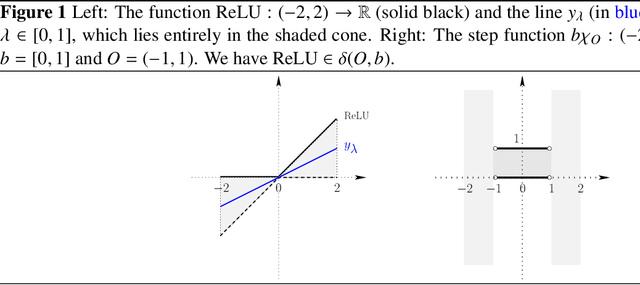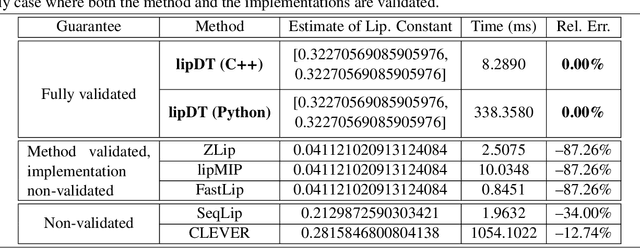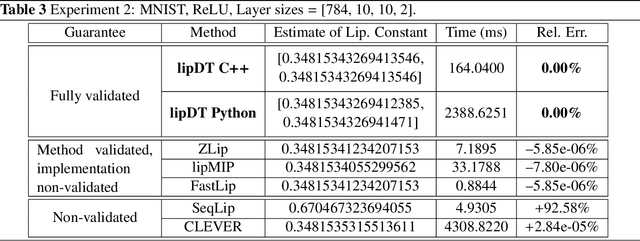Can Zhou
FM-AE: Frequency-masked Multimodal Autoencoder for Zinc Electrolysis Plate Contact Abnormality Detection
Jan 08, 2024Abstract:Zinc electrolysis is one of the key processes in zinc smelting, and maintaining stable operation of zinc electrolysis is an important factor in ensuring production efficiency and product quality. However, poor contact between the zinc electrolysis cathode and the anode is a common problem that leads to reduced production efficiency and damage to the electrolysis cell. Therefore, online monitoring of the contact status of the plates is crucial for ensuring production quality and efficiency. To address this issue, we propose an end-to-end network, the Frequency-masked Multimodal Autoencoder (FM-AE). This method takes the cell voltage signal and infrared image information as input, and through automatic encoding, fuses the two features together and predicts the poor contact status of the plates through a cascaded detector. Experimental results show that the proposed method maintains high accuracy (86.2%) while having good robustness and generalization ability, effectively detecting poor contact status of the zinc electrolysis cell, providing strong support for production practice.
A Domain-Theoretic Framework for Robustness Analysis of Neural Networks
Mar 01, 2022



Abstract:We present a domain-theoretic framework for validated robustness analysis of neural networks. We first analyze the global robustness of a general class of networks. Then, using the fact that, over finite-dimensional Banach spaces, the domain-theoretic L-derivative coincides with Clarke's generalized gradient, we extend our framework for attack-agnostic local robustness analysis. Our framework is ideal for designing algorithms which are correct by construction. We exemplify this claim by developing a validated algorithm for estimation of Lipschitz constant of feedforward regressors. We prove the completeness of the algorithm over differentiable networks, and also over general position ReLU networks. Within our domain model, differentiable and non-differentiable networks can be analyzed uniformly. We implement our algorithm using arbitrary-precision interval arithmetic, and present the results of some experiments. Our implementation is truly validated, as it handles floating-point errors as well.
 Add to Chrome
Add to Chrome Add to Firefox
Add to Firefox Add to Edge
Add to Edge